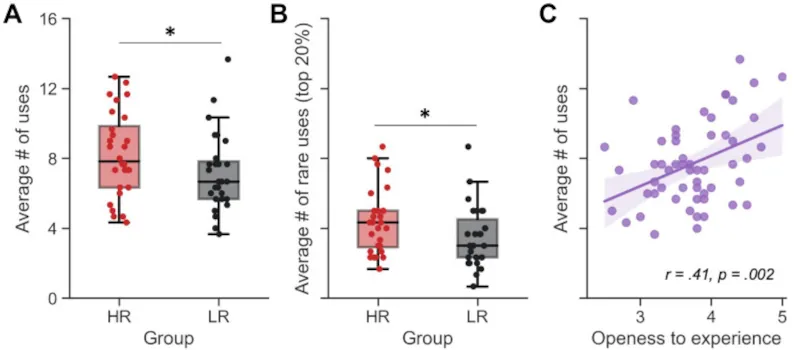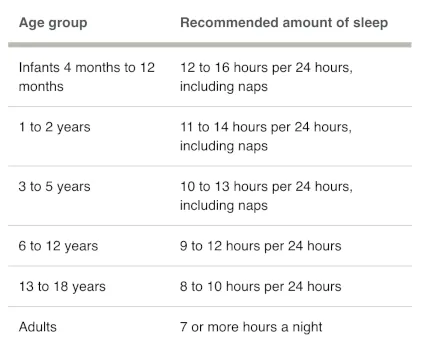How to remember dreams better

“How to remember dreams better?” – I have heard this question so many times in my practice. Indeed, many people claim they don’t dream at all. However, the reality is that most people do; only a rare few with specific neurological conditions might not experience dreams. This misconception often stems from the simple fact that not everyone remembers their dreams upon waking.
I recall an amusing incident in the early days of working on Dreamseer. One morning, I awoke and immediately started typing in our internal tech chat, convinced I had seen dreams from other users in my dashboard. Concerned about a potential privacy breach, I was quickly reassured by the team that the way we wrote the app ensured users could only see their own dreams. Upon a second glance, I realized I was actually referring to my own dream that I had submitted in the middle of the night and subsequently forgotten after falling back asleep. This experience highlighted not just the fleeting nature of dreams but also the intriguing ways our minds work to reconstruct and interpret them upon waking.
Understanding Dream Recall
Dream recall varies significantly from person to person and from night to night within the same individual. Factors such as age, sex, personality, lifestyle, and even one’s interest in dreams can influence recall. Women, individuals with higher anxiety and personality trait openness to experience tend to remember their dreams more vividly. An interest in dreams and a tendency towards daydreaming also correlate with increased recall. Frequent dreamers might have longer periods of night-time awakenings and higher brain reactivity to sounds, possibly linked to the memorisation of dreams.
Recent advances in neuroscience allowed to shed light on neurophysiology of dreaming. Today we know that experiencing dreams is associated with engagement of the neocortex, most recently developed part of the brain, with somatosensory regions being of particular importance for having these experiences.
We also know that a key factor determining how well one remembers dreams is the sleep stage from which one awakes. Awakening during the so-called rapid eye movement (REM) sleep, also known as “dream sleep”, significantly increases the likelihood of dream recall, whereas those awakened during non-REM (NREM) sleep tend to report fewer and less vivid dreams. In addition, transition from REM to wakefulness is less abrupt, making it easier to remember dreams.

Neocortex is of particular importance for having dream experiences (DEs). Dreams associated with the REM sleep stage tend to be more complex, vivid and rich in imagery, which is reflected in broader engagement of the limbic and prefrontal brain regions. Figure from Siclari et al., 2017.
Interestingly, it has been shown that people who recall dreams more often appear to have higher self-reported creativity. Moreover, it has been demonstrated that high dream recallers perform better when solving creativity tasks and exhibit increased engagement of the Default Mode Network, a key cluster of (predominantly) midline brain regions important for memorisation, creativity and autobiographical sense of self. So, why don’t you run your own experiment and see if improving dream recall can make a difference on your creativity?

Creativity & Dream Recall – Figure from Vallat et al., 2022. High dream recallers (HR) come up with larger number (A) and more unique (B) solutions to the alternative use creativity task compared to low dream recallers (LR). Performance on this task was also associated to higher scores in a personality trait openness, previously linked to dream recall.
Four reliable ways to remember your dreams better
1. Optimise Your Sleep

Fluctuations in sleep duration have consistently been shown to significantly influence dream recall. Whilst the recommended hours vary depending on age group, for adults, ensuring 7 to 9 hours of sleep per night can increase REM sleep, as it predominantly occurs in the latter half of the night. Thus, if you are having troubles remembering your dreams, organising consistent sleep schedule can make a substantial difference on that.

Recommended sleep duration by age group. Source: Mayo Clinic.
2. Keep a Dream Journal & Avoid Sudden Interruptions

Maintaining a journal is a potent tool for improving dream recall. It is achieved by setting an focused intention and enhancing memory consolidation. The salience-interference hypothesis suggests that dreams are quickly forgotten unless actively recalled upon waking. Interestingly, what happens with us upon waking up can have a tremendous impact of how our dreams are remembered, Louis Alfred Maury’s 1861 dream (see the end of the post), famously analysed by Sigmund Freud, illustrates how our mind reconstructs dreams in response to physical stimuli. Maury dreamed of the Reign of Terror, culminating in his execution by guillotine—a dream ending abruptly as the headboard of his bed fell and struck his neck. So, if you want your dream memorisation to be primarily influenced by your inner states, stay clear from major distractions upon awakening and write them down immediately.
3. Know Your Meds & Drugs

Many psychoactive substances and drugs interact with REM sleep. Thus, with a few exceptions, most sedative drugs like antidepressants are known to suppress dream recall.
There are plenty of reasons to avoid excessive alcohol use. Now you have one more: this substance is known to substantially disrupt wake-sleep cycles and literally “stealing” your dreams.
Whilst cannabis appears to have its use case for patients with insomnia by increasing the time spend in deep sleep, the stage that helps you wake up feeling refreshed, its main psychoactive component, tetrahydrocannabinol (THC), is known to disrupt the REM sleep, when you spend more time dreaming, processing emotions, and cementing new memories. This is why frequent users of marijuana often say they don’t dream or don’t remember their dreams.
4. Mindfulness & Relaxation
Research supports the notion that relaxation techniques such as Autogenic Training can significantly enhance dream recall. A study by Schredl and Doll (1997) demonstrated that participants who engaged in Autogenic Training, a relaxation technique, reported improved dream recall. This finding suggests that relaxation practices can positively affect our ability to remember dreams by enhancing mental relaxation and possibly influencing the sleep cycle in a manner conducive to dream retention.
Furthermore, a meta-analytic review by Montero-Marin et al. (2019) compared meditation to relaxation techniques in treating anxiety, which indirectly supports the premise that mindfulness and relaxation practices can have profound effects on mental states. While the primary focus was on anxiety reduction, the finding is important considering moderating effects of anxiety levels on associations between dream recall and creativity.
Integrate Dream Recall into Daily Life
To integrate dream recall into daily life, consider setting aside time each morning to reflect on any dream experiences. This practice not only improves recall over time but also enriches one’s understanding of their inner world. Dreams can offer insights into our emotional state, creativity, and even problem-solving capabilities. By valuing and reflecting on our dreams, we open ourselves to a deeper level of self-awareness and personal growth. In Dreamseer, our team worked hard to incorporate features that allow you to dive deeper into your own dreams, discovering reoccurring themes and symbols of personal significance.
Remember, the world of dreams offers an unparalleled journey into the self, full of mystery, discovery, and potential for personal growth. By fostering an environment conducive to dreaming and recall, we can unlock the profound insights and creative inspirations that our dreams have to offer. Embrace the adventure that each night’s sleep brings, and let your dreams be a guiding force in your journey toward deeper self-understanding and creative exploration.
Dream Boldly, Seer!
Louis Alfred Maury’s 1861 dream:
“I was slightly indisposed and was lying in my room; my mother was near my bed. I am dreaming of the Terror. I am present at scenes of massacre; I appear before the Revolutionary Tribunal; I see Robespierre, Marat, Fouquier-Tinville, all the most villainous figures of this terrible epoch; I argue with them; at last, after many events which I remember only vaguely, I am judged, condemned to death, taken in a cart, amidst an enormous crowd, to the Square of the Revolution; I ascend the scaffold; the executioner binds me to the fatal board, he pushes it, the knife falls; I feel my head being severed from my body; 1 awake seized by the most violent terror, and I feel on my neck the rod of my bed which had become suddenly detached and had fallen on my neck as would the knife of the guillotine. This happened in one instant, as my mother confirmed to me.” Maury (1861, pp.133-4); quoted in Mavromatis (1987, p.24).
@Dreamseer Team
